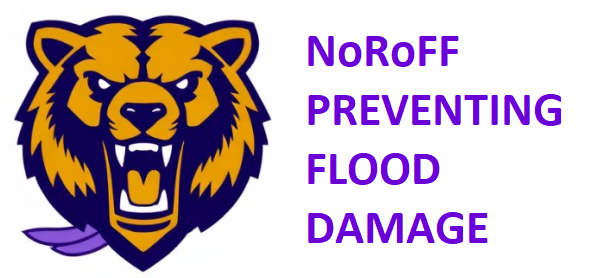1. Short Summary
The Ohio Department of Natural Resources’ free field guide “Common Wetland Plants of Ohio” explains how native ferns, flowers, grasses, shrubs, and trees evolved to live with high water and shifting soil. Their deep, tangled roots pin streambanks in place, soak up storm runoff, and create habitat that keeps local waterways healthy. Pub5530_WetlandPlantsWE…
2. Why the Guide Is Trustworthy
- Produced by experts: ODNR’s Division of Wildlife and Division of Natural Areas & Preserves manage thousands of protected acres and lead the state’s wetland-restoration work.
- Field-tested data: Each plant profile lists habitat needs, wildlife benefits, and commercial availability—information collected by on-the-ground botanists.
- Tied to H2Ohio: The publication supports Governor DeWine’s water-quality program, adding another layer of scientific and policy scrutiny. Pub5530_WetlandPlantsWE…
3. Put These Plants to Work in Your Yard
| Goal | Plant Picks (all Ohio natives) | How to Use Them |
|---|---|---|
| Lock the bank in place | River birch, pin oak, pussy willow | Plant bare-root or live stakes three feet apart along the waterline. |
| Slow fast floodwater | Tussock sedge, soft-stem bulrush, rice cut grass | Mass plugs in the first five feet of floodplain; they bend but rarely break. |
| Soak up standing water | Swamp milkweed, blue vervain, cardinal flower | Drop a “color strip” just upslope of the sedges for pollinator pop and extra uptake. |
| Feed & shelter wildlife | Buttonbush, silky dogwood, winterberry | Tuck shrubs at buffer edges; birds devour berries and nest safely above spring peaks. |
Pro tip: Plant in late fall or early spring while roots are dormant and soils are moist. Water weekly the first summer if rainfall is scarce.
4. Resource Link
Full guide (PDF, free download): https://dam.assets.ohio.gov/image/upload/ohiodnr.gov/documents/wildlife/backyard-wildlife/Pub5530_WetlandPlantsWEB_R1221.pdf
5. Show Us Your Progress
Snap before-and-after photos of your streambank, then tag @NoRoFloods on X, Facebook, or Instagram. Your success story can nudge a neighbor to plant the next buffer.

